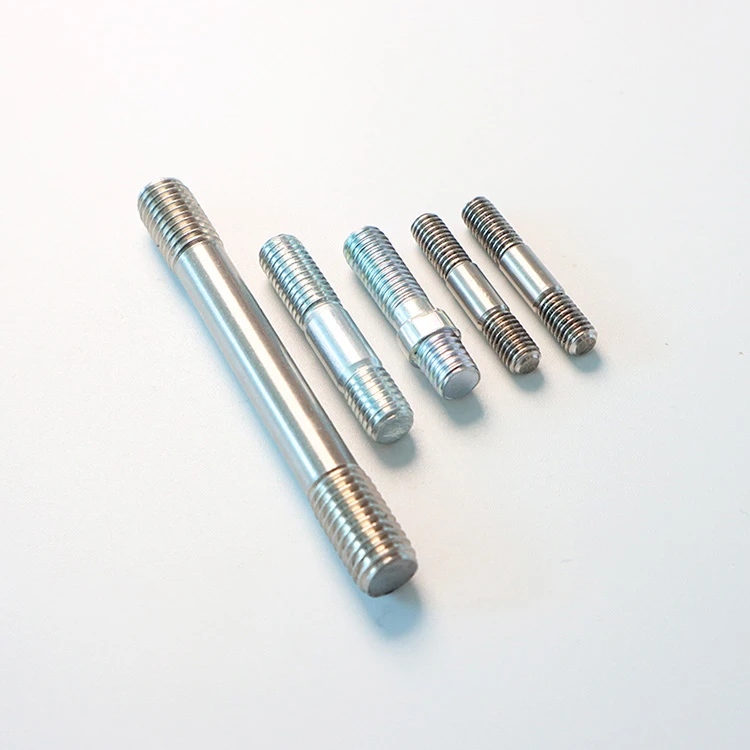In industrial applications, stud bolts are a fundamental component used to securely fasten equipment, structures, and piping systems. They offer the strength and durability required in harsh environments, making them indispensable in sectors such as oil & gas, petrochemicals, power generation, and heavy machinery.
What is a Stud Bolt?
A stud bolt is a type of fastener that consists of a threaded rod with no head. Both ends are threaded, allowing nuts to be attached on either side. Stud bolts are typically used in situations where precise clamping force is needed, as in the assembly of flanges, valves, and high-pressure piping systems.
Types of Stud Bolts:
- Double-Ended Stud Bolts: These bolts have threads on both ends and are used in situations where fasteners need to be installed on either side of a structure.
- Welded Stud Bolts: Often used in construction, these bolts are welded directly to a surface, providing a permanent fastening solution.
- Full-Thread Stud Bolts: These bolts are threaded along the entire length and are versatile for various applications, including fastening heavy equipment and securing mechanical structures.

Material and Coating Options:
Stud bolts are available in a wide range of materials including stainless steel, carbon steel, and specialty alloys like Inconel or Hastelloy. The choice of material depends on the specific application and the environmental conditions, such as temperature and corrosion resistance. Common coatings include galvanization, PTFE, or zinc plating, which enhance their durability and resistance to rust.
Applications of Stud Bolts:
Stud bolts are extensively used in the following sectors:
- Oil & Gas: For securing pipeline flanges, valves, and pressure vessels.
- Petrochemicals: Where high-temperature and high-pressure environments require durable fastening solutions.
- Construction: In building structural supports and attaching heavy equipment.
- Automotive and Marine: For fastening engines, exhaust systems, and other mechanical components exposed to heat and stress.
Why Choose High-Quality Stud Bolts?
Using the right grade and type of stud bolts ensures safety, reliability, and longevity in critical systems. For example, ASTM A193 B7 stud bolts are ideal for high-temperature and high-pressure applications, while ASTM A320 L7M bolts are designed for low-temperature environments, providing superior mechanical properties and corrosion resistance.
Customization Options:
To meet diverse industry needs, many manufacturers offer custom packaging, logo design, and branding services. This allows companies to source high-quality fasteners that align with their brand identity while ensuring that the packaging meets international standards for safety and logistics.